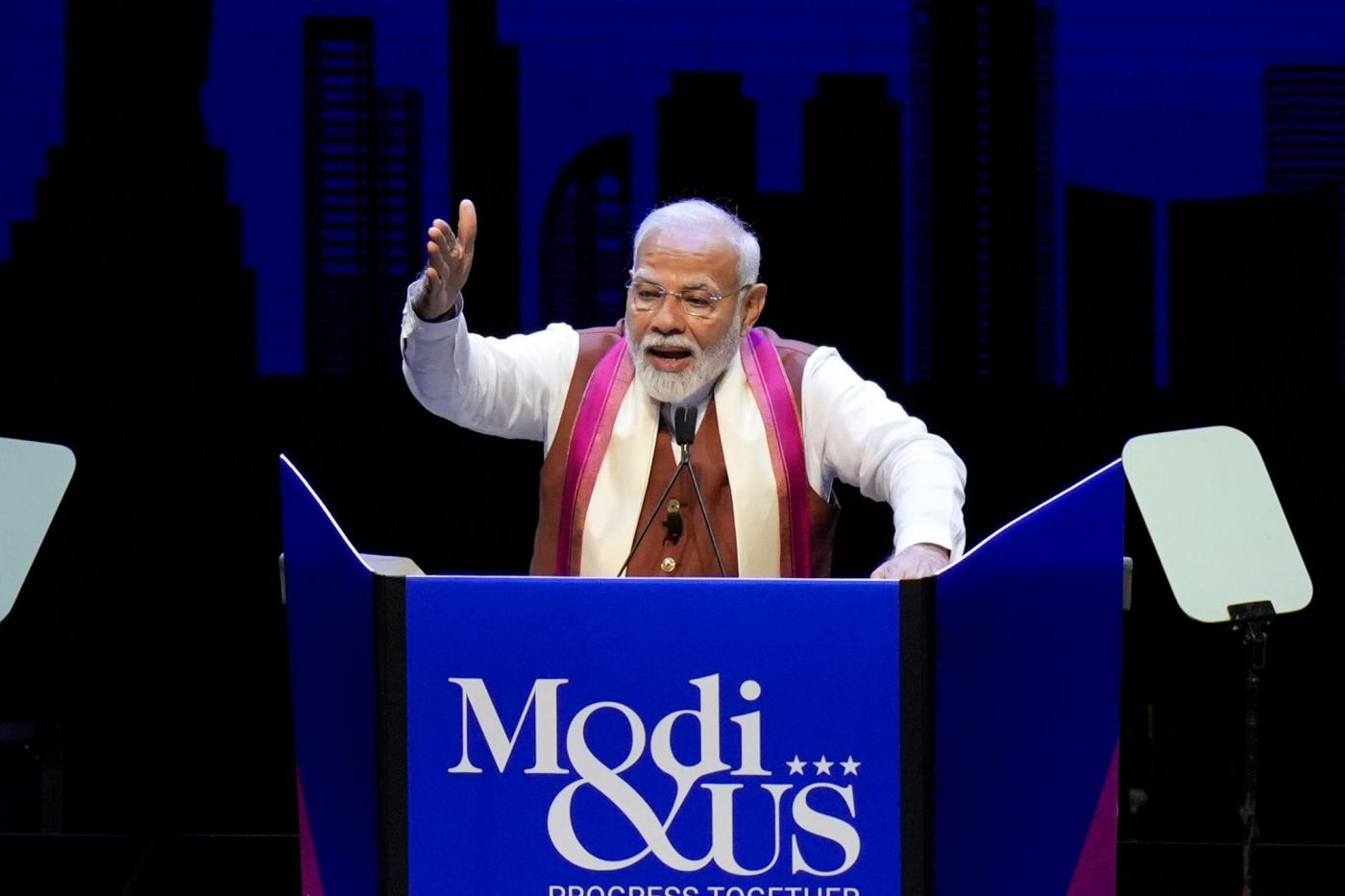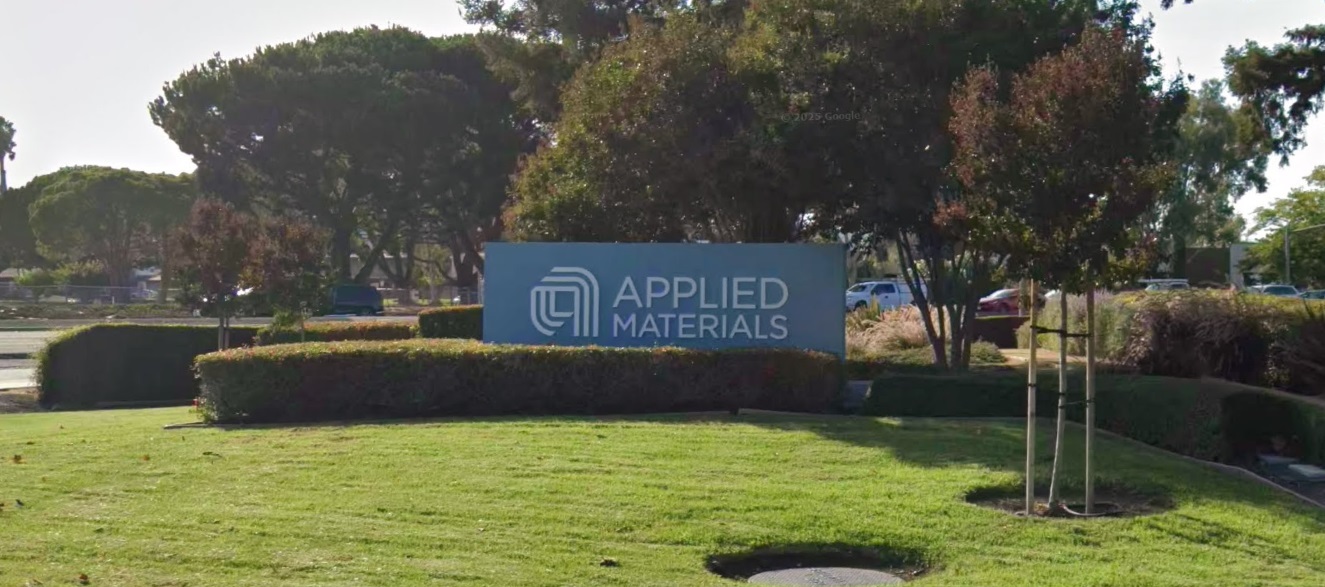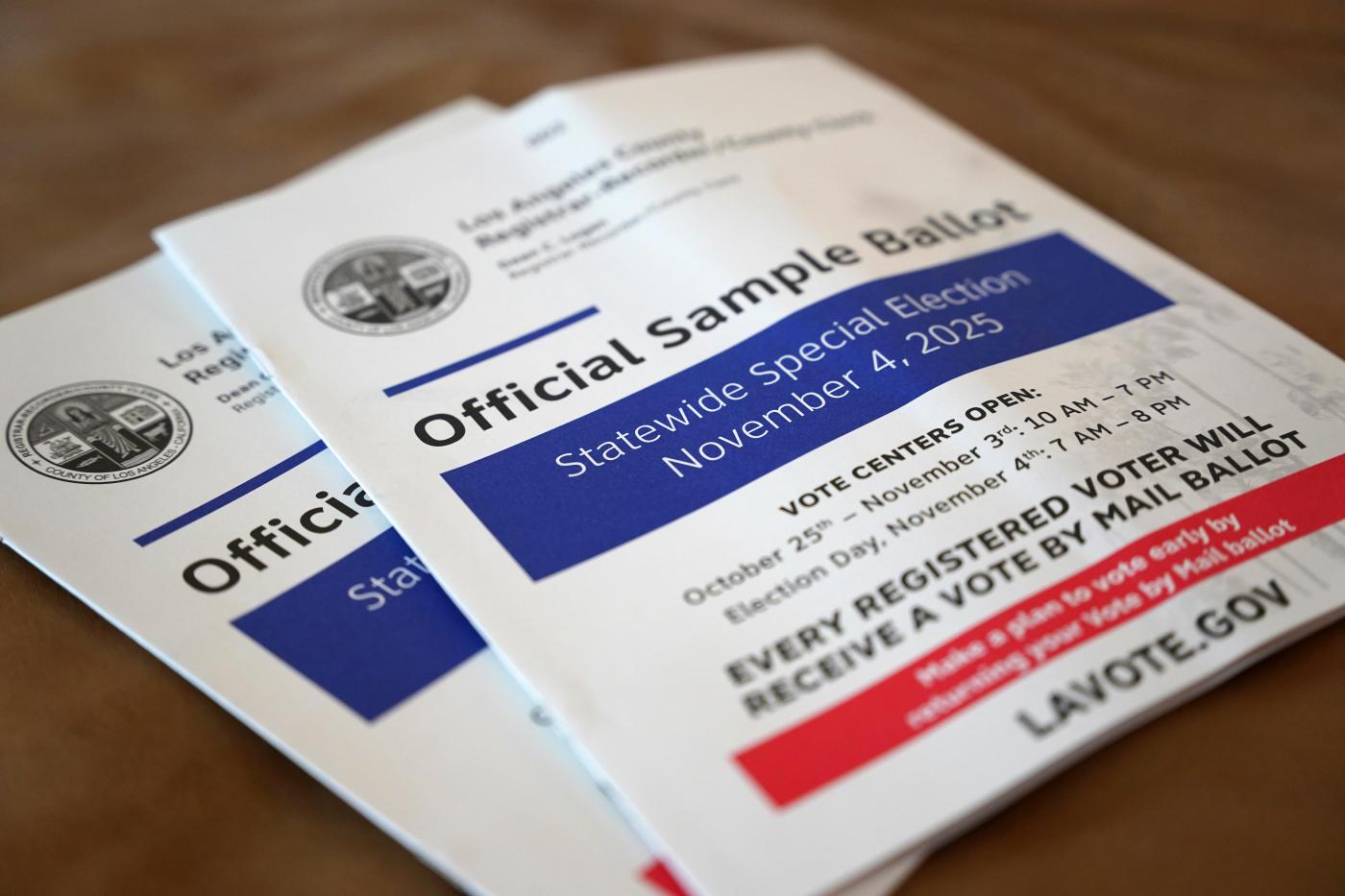Gov. Gavin Newsom recently vetoed what would have been landmark legislation aimed at protecting Californians from transnational repression, when foreign governments target diaspora communities and expatriates living in other countries.
Newsom’s decision is a missed opportunity to help Californians feel safer, especially the state’s sizable South Asian community, which for years has faced intimidation and violence orchestrated by India’s Hindu nationalist government, led by Prime Minister Narendra Modi.
The FBI defines transnational repression as when foreign governments “reach beyond their borders to … harm members of their diaspora and exile communities in the United States.” It can include stalking, harassment, abusive legal practices, online disinformation campaigns, assault and even assassinations.
Related Articles
Could Americans choose a California Democrat – Newsom or Harris – for president?
Gov. Newsom of says he’ll consider presidential run after 2026 midterms
Bay Area food banks wrestle with taking California National Guard help
Bay Area partisans are fired up over California’s Prop 50 contest. Others? Not so much
‘Yes on Prop 50’ campaign vastly outspends opponents as Election Day nears
A quarter of the world’s governments use repressive tactics to silence critics living outside their borders, according to the human rights group Freedom House. While countries such as Saudi Arabia, Iran and China are notable culprits, India is becoming notorious as one of the only democracies engaging in acts of aggression against Indian expats.
Last year a bipartisan group of U.S. Congress members co-sponsored a resolution that listed India among the major perpetrators of foreign maltreatment.
India’s Modi-led Bharatiya Janata Party, which seeks to transform the country from a secular democracy into a Hindu majoritarian state, has long relied on intimidation and violence to silence dissent within its borders. In recent years, assassination attempts have been attributed to it and have extended beyond India’s borders. The most striking examples occurred in 2023 with the fatal shooting in Canada of Sikh activist Hardeep Singh Nijjar, founder of Sikhs for Justice, and the attempted assassination of Sikh American activist Gurpatwant Singh Pannun in New York.
Members of the Indian diaspora in the U.S. — particularly Sikhs, Muslims and Dalits — have faced international restrictions for years. Many have been denied visas or had their Overseas Citizen of India cards revoked as political retaliation. (The card allows foreign nationals of Indian origin to visit India without a visa.)
Others who have criticized India’s government have endured coordinated disinformation and hate campaigns driven by Indian intelligence-linked networks, as well as the targeting of family members back home, threats of violence and the suspension of their social media accounts and websites in India.
Even U.S. Rep Pramila Jayapal, a Democrat representing Seattle and a vocal critic of the Modi regime, has publicly worried she could be barred from visiting her parents in India due to her outspoken positions.
All of this affects California, because it is home to the nation’s largest Indian population. Last year, for instance, several Sikh Americans in Fremont reported an assassination attempt when someone shot at them from unmarked vehicles on a highway.
The Indian government also has produced disinformation to target and smear civil rights groups fighting to protect Californians from caste discrimination. Indian consulates, including one in San Francisco, reportedly sought to restrict travel rights of critics of the Modi government, at times ordering the deportation of American citizens from India and sharing intelligence gathered on U.S.-based individuals with Indian authorities.
These are precisely the safety risks that Senate Bill 509 was designed to address. But Newsom’s veto will deny prosecutors tools they need to hold perpetrators of these global attacks on Californians accountable. By rejecting the bill’s mandate for training, Newsom has left law enforcement ill-equipped to identify and respond to such attacks, especially when they are abetted by U.S.-based groups.
California had the chance to take an historic stand against foreign repression. Instead, Newsom’s decision sends a troubling message about the state’s commitment to safety and accountability. The fight against transnational repression is only beginning, but his veto will be remembered as a setback, a missed moment for Californians affected by this rising danger.
Mohammed Jawad is national president of the Indian American Muslim Council. He wrote this for CalMatters.





